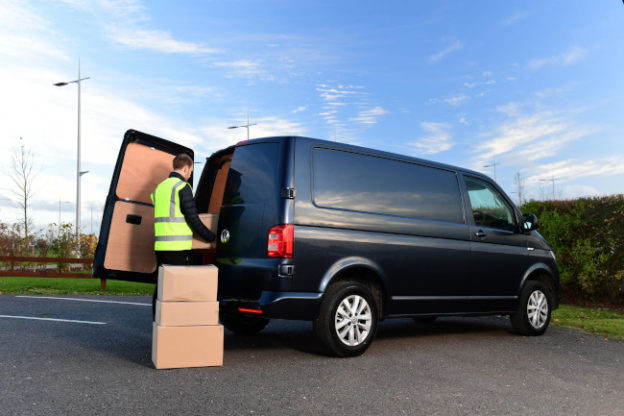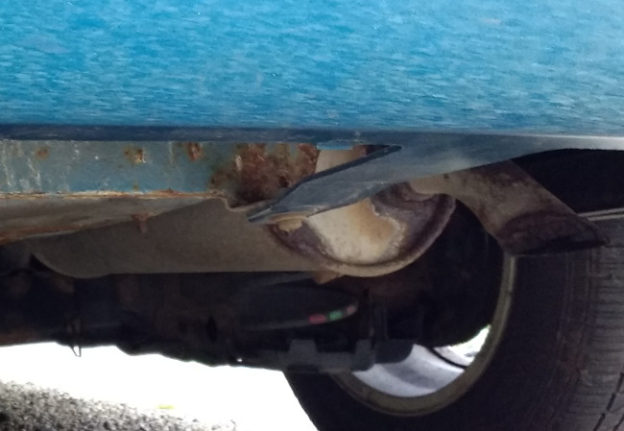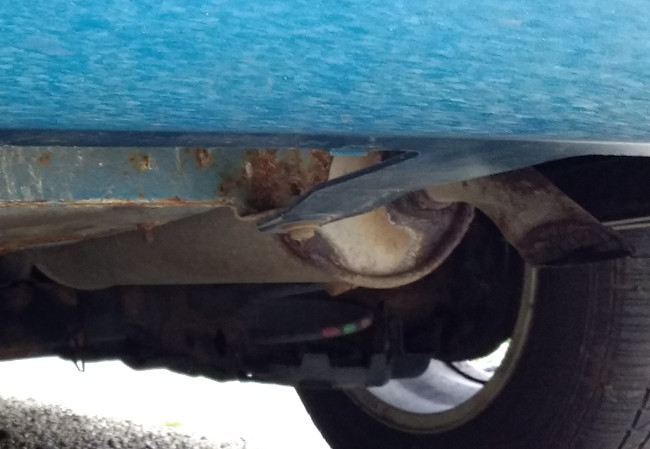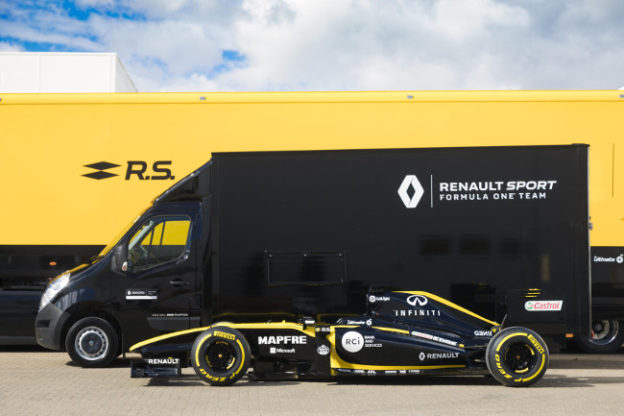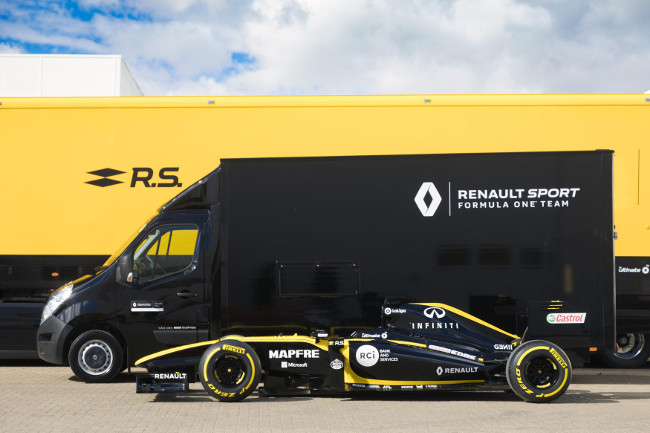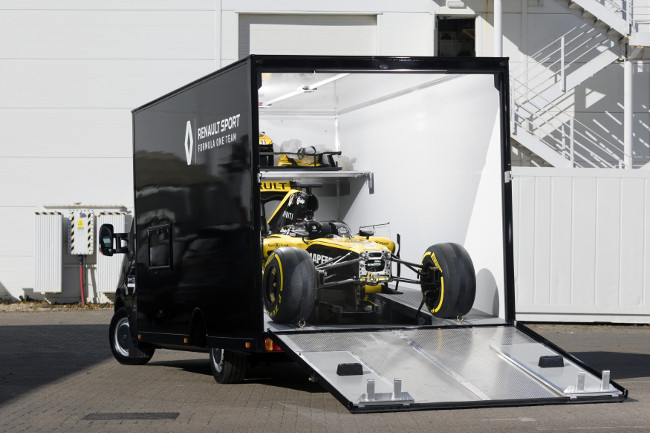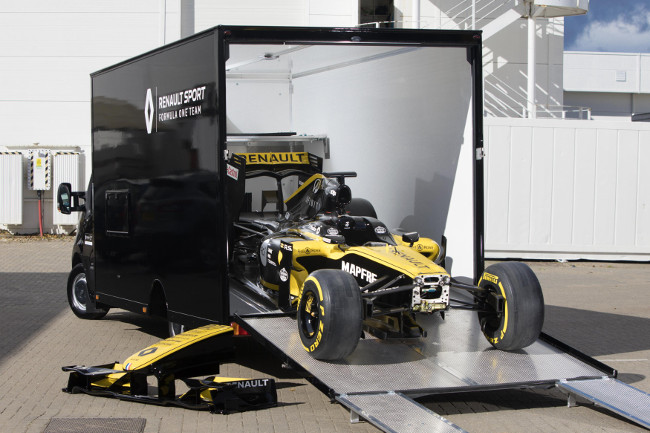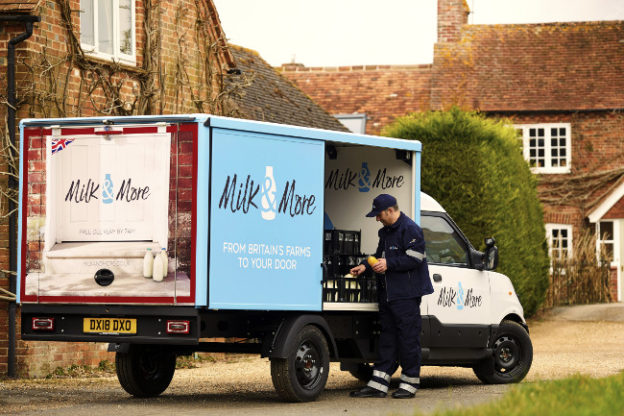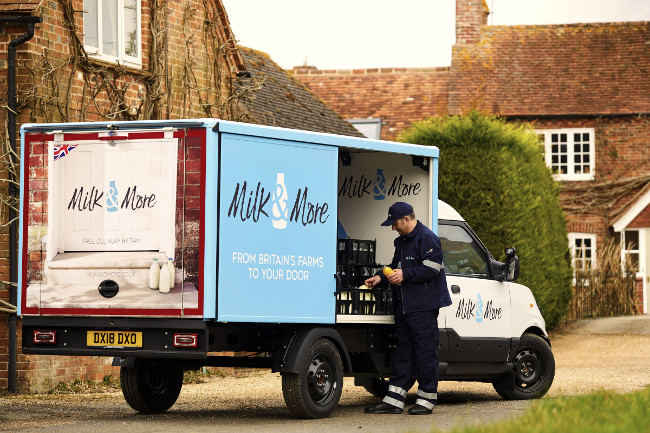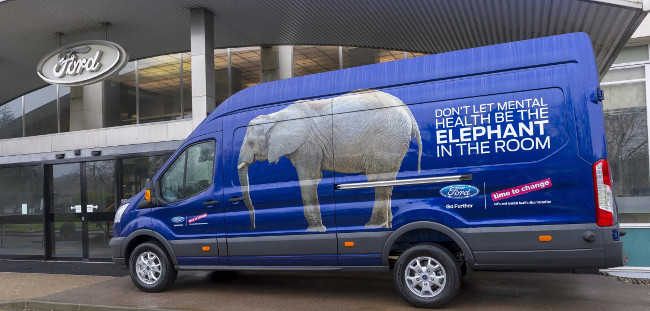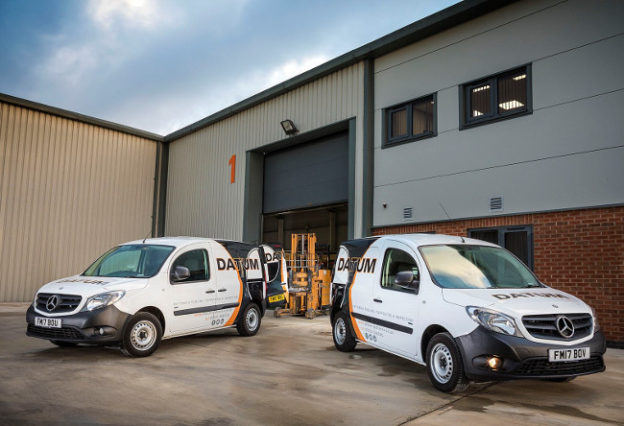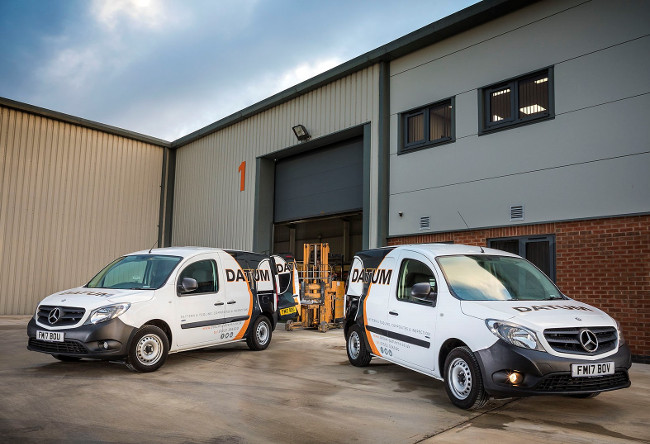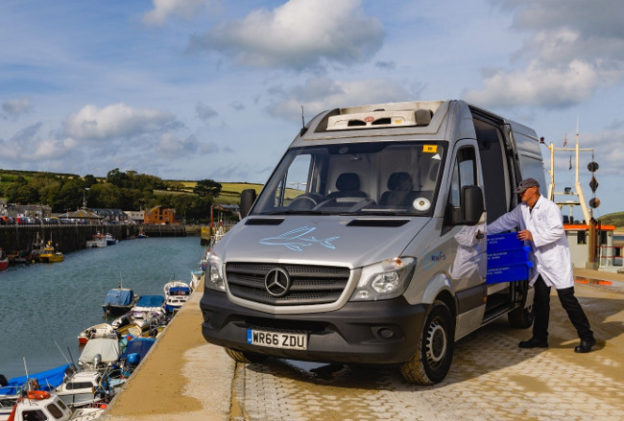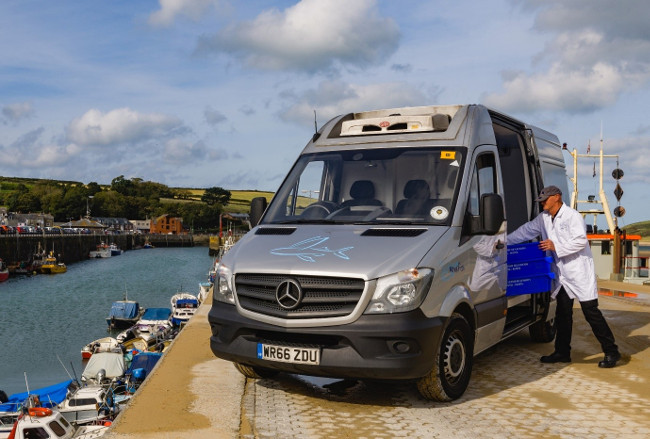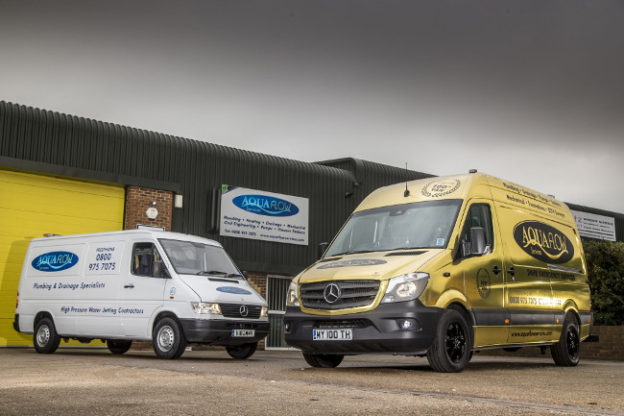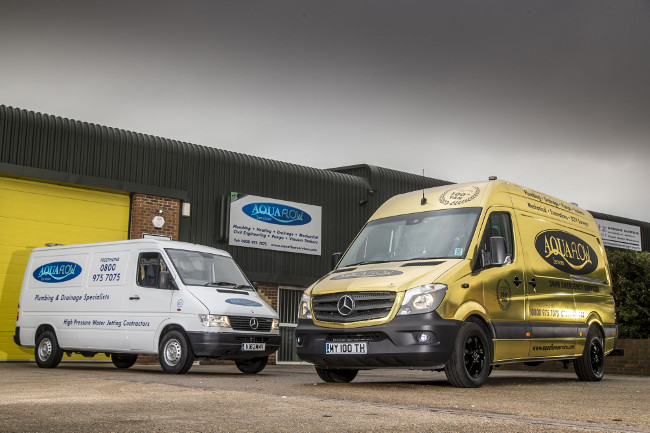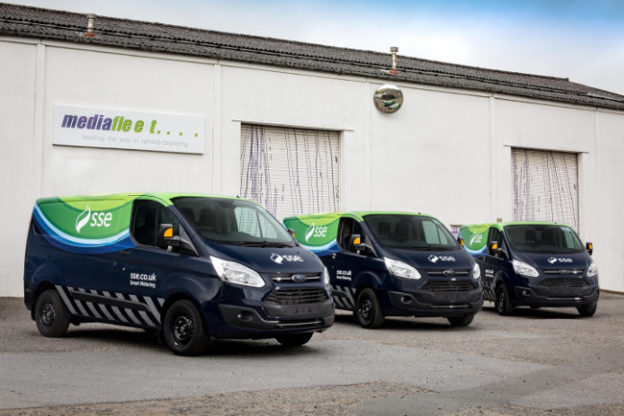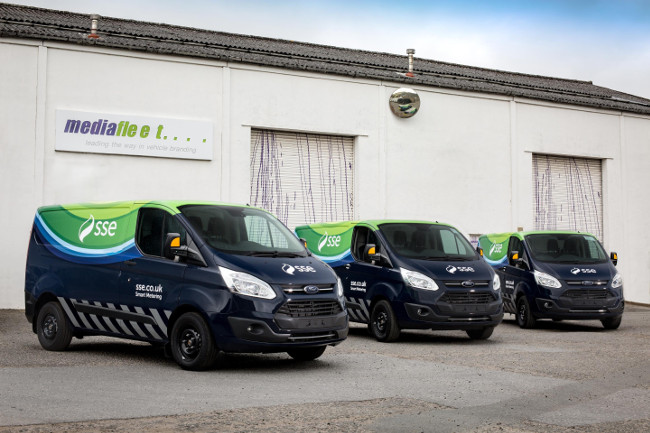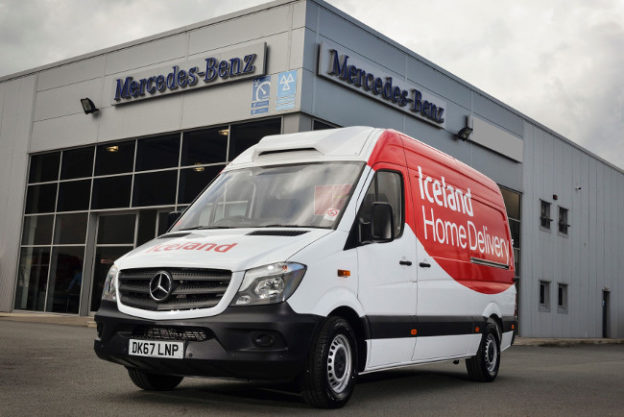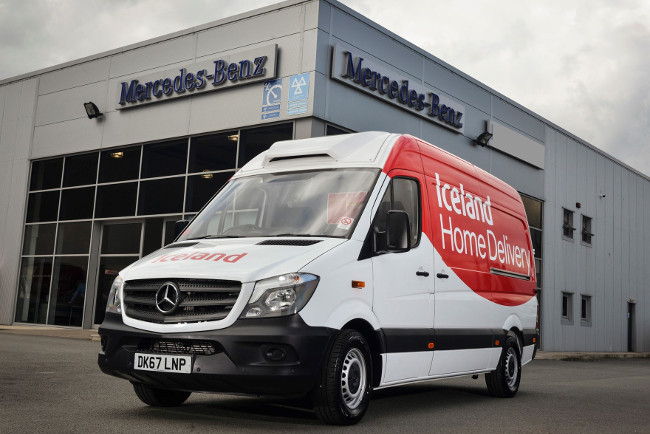
It’s no secret that some small businesses work their cars and vans hard. When you combine that with the normal wear and tear seen in ageing vehicles, it’s not surprising that breakdown rates appear to be higher than those suffered by private car owners.
According to the RAC, there’s a 31% chance that one of a small firm’s vehicles will break down each year. Batteries and tyres top the list of problems, followed by clutch and alternator issues.
Breakdowns are inconvenient at the best of times. But for a small business they can be extremely costly, as Nicky Brown of the RAC explains:
“Any downtime for a small business is likely to be extremely costly as it represents a serious loss of productivity, missed appointments or late deliveries. And, the smaller the business is, the worse the problem.
What can you do to avoid breakdowns?
Unfortunately, some breakdowns are inevitable. But many are avoidable. Here are a few tips.
- Batteries: 18% of all RAC SME breakdown calls to relate to batteries. Batteries can reach the end of their life and ‘die’ without warning. But if your car or van turns over slowly on cold mornings or you suffer flat batteries after a long weekend, consider replacing the battery. Ask for the battery to be tested each time your vehicle is serviced. If reliability is critical, you could consider replacing batteries more than five years old.
- Tyres: 13% of SME callouts relate to tyres. Although some blowouts and punctures are unavoidable, many are caused by tyres that are incorrectly inflated, damaged, worn out or overloaded. The solution is to visually inspect tyres and check tyre pressures weekly. With many vehicles now lacking a spare tyre, punctures can be very inconvenient.
- Mechanical and electrical problems: These can be hard to spot, but such problems sometimes display ‘early warning signs’ that provide clues something is going wrong. Examples are strange noises or vibrations, or perhaps difficulty changing gear. Train drivers to report these symptoms when they appear, rather than waiting until they become bigger issues and cause breakdowns.
Do you need that old vehicle?
Finally, if you’re running old vehicles in your business and paying for regular repairs, consider replacing them. If you can’t afford new replacements than long-term car and van hire is increasingly affordable.
This offers a number of advantages. You’re not responsible for maintenance costs and as most hire vehicles are new, breakdowns should be unlikely.
Hiring a car or van is also more flexible — you can add vehicles at busy times and return them when they’re no longer needed.
If you operate in Central London and are now forking out £12.50 per day for the ULEZ charge, then renting a modern Euro 6 van would enable you to avoid this charge. For many urban operators doing restricted mileage, this saving could be enough to pay for your daily petrol or diesel usage!
Renting can be cheaper than it seems — it could be worth a look.

